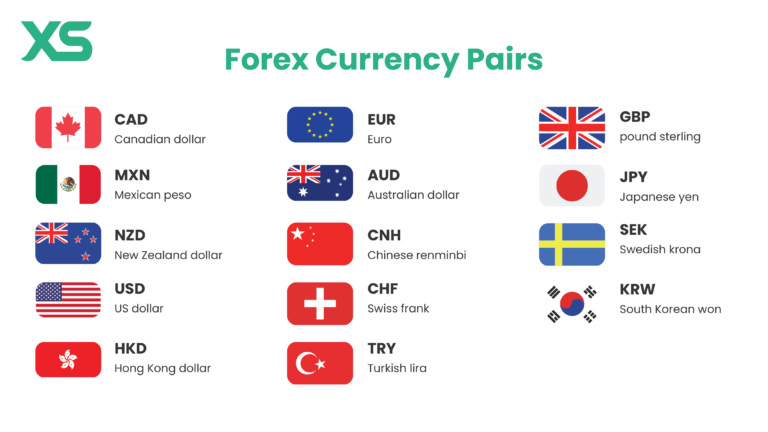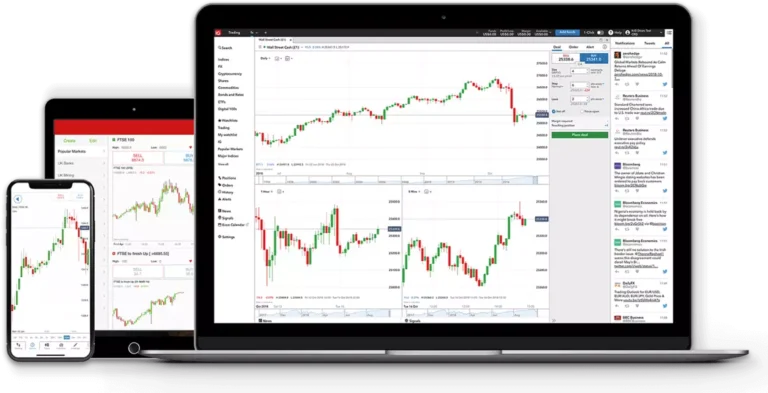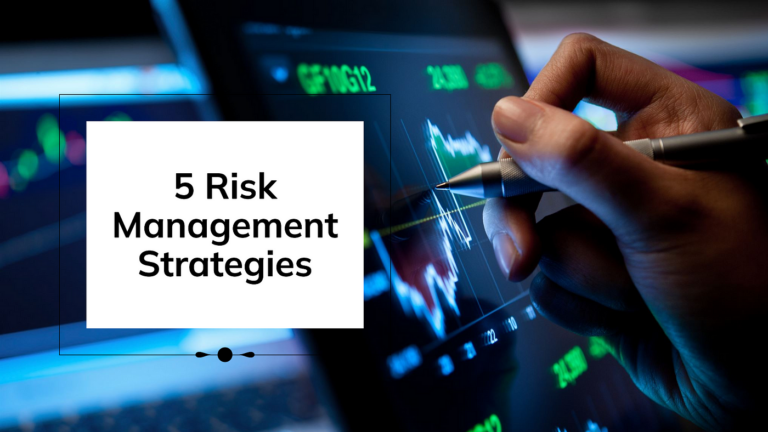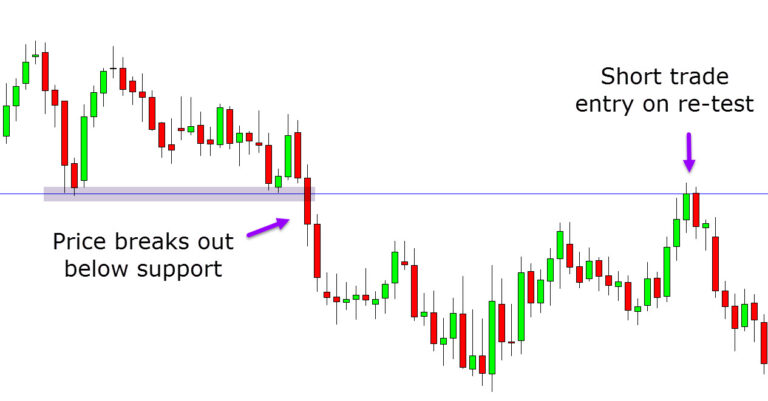
Forex trading, though a lucrative opportunity, is also fraught with risk. For beginners, the biggest challenge is not necessarily learning the technical aspects of trading but controlling their emotions. Trading on impulse, driven by fear or greed, can lead to significant losses and, in many cases, result in “blowing” your account—losing a large portion or the entirety of your capital. This guide aims to help beginner traders understand the emotional traps in forex trading and provide strategies to maintain control, minimize risk, and avoid costly mistakes.
1. The Emotional Rollercoaster of Forex Trading
Every trader experiences emotions while trading, but the key difference between successful and unsuccessful traders is how they manage these emotions. Below are some of the primary emotional traps that beginners need to be aware of:
a. Fear
Fear is one of the most powerful emotions in forex trading, often leading traders to make hasty and irrational decisions. It can manifest in different ways, such as:
- Fear of Losing: The fear of losing money can paralyze you from making necessary trades, causing missed opportunities.
- Fear of Missing Out (FOMO): This fear pushes traders to jump into trades impulsively, often without a clear strategy, because they don’t want to miss a big move in the market.
b. Greed
Greed is the desire to maximize profits without considering the associated risks. When you’re greedy, you might:
- Hold on to winning trades for too long, hoping the market will keep moving in your favor, only to see it reverse.
- Overleverage your account, increasing your position size beyond safe limits in the hope of making huge gains.
c. Impatience
Beginners often lack the patience required to wait for the right setup or entry point. Impatience can cause you to enter trades prematurely, increasing the likelihood of losing money.
d. Overconfidence
Winning a few trades early on can inflate a beginner’s confidence. Overconfidence can lead to risky behaviors such as ignoring your trading plan, trading larger positions, or trading too frequently, all of which can result in substantial losses.
e. Revenge Trading
After a losing streak, it’s common for traders to want to “get even” with the market. This emotional response, known as revenge trading, often leads to aggressive, irrational trades that worsen your losses.
2. The Impact of Emotional Trading on Your Account
Emotional trading is a recipe for disaster. The lack of emotional discipline causes traders to deviate from their strategies, increasing the likelihood of bad trades. Here’s how emotional trading can impact your forex account:
- Impulsive Decision-Making: Emotions like fear or excitement may push you to take trades that you normally wouldn’t consider.
- Inconsistent Trading Behavior: Emotions may cause you to abandon your trading plan, leading to inconsistent results.
- Increased Risk: Greed and fear often lead to overleveraging, meaning you’re risking more money than your account can handle. A few bad trades can wipe out your account entirely.
3. Strategies to Manage Emotions in Forex Trading
To avoid blowing your account due to emotional trading, you must develop emotional discipline. Here are several strategies that can help you keep emotions in check and make rational, calculated trading decisions:
a. Develop a Solid Trading Plan
Having a well-defined trading plan is your first line of defense against emotional decision-making. A trading plan outlines your strategy, risk tolerance, and entry/exit points, ensuring that you approach each trade with a clear set of rules. Stick to your plan regardless of how the market moves or how you feel at the moment.
- Components of a Good Trading Plan:
- Clear criteria for entering and exiting trades.
- Position sizing rules to manage risk.
- A risk-reward ratio guideline (e.g., aiming for a 2:1 ratio where you risk $100 to make $200).
- Defined maximum daily or weekly loss limits to prevent over-trading after losses.
b. Set Realistic Expectations
Many beginners blow their accounts because they expect to get rich quickly. Forex trading is not a get-rich-quick scheme. Accept that losses are part of the process and that consistent, small gains are more sustainable than aiming for huge wins.
c. Manage Risk Effectively
Risk management is crucial to long-term success in forex. Always use stop-loss orders to protect your account from excessive losses. Additionally, never risk more than a small percentage of your capital on a single trade (a common rule is to risk no more than 1-2% per trade).
d. Use a Demo Account
Before jumping into live trading, practice on a demo account. A demo account lets you trade in real market conditions without risking real money. This helps you develop your strategy and learn to control your emotions in a risk-free environment.
e. Take Breaks After Losses
Losses can be emotionally draining, especially when they come in succession. If you experience several losses in a row, step away from the market for a while. Clear your mind and avoid the temptation to make reckless trades in an attempt to recover your losses. This break can prevent emotional burnout and help you regain your composure.
f. Keep a Trading Journal
Documenting your trades can help you identify patterns in both your technical decisions and emotional responses. By analyzing your trading journal, you can pinpoint which emotions led to bad trades and what strategies worked when you were more level-headed.
g. Practice Mindfulness and Emotional Awareness
Becoming aware of your emotions as they arise can help you mitigate their impact. Techniques like mindfulness meditation or simply pausing to assess your emotional state before making a trade can help you regain control and make rational decisions.
h. Accept That Losses Are Part of the Game
Every trader, no matter how experienced, faces losses. It’s essential to accept that losing is part of the process. Avoid taking losses personally, and don’t let them trigger emotional responses like revenge trading. Focus on the bigger picture, which is to be consistently profitable over time, not on avoiding every single loss.
4. The Power of Discipline in Forex Trading
Ultimately, trading success in forex comes down to discipline. Emotional control separates professional traders from amateurs. Here are some final tips for cultivating discipline:
- Stay Focused on Long-Term Goals: Avoid focusing on short-term fluctuations and remember that consistent, disciplined trading is the key to building long-term success.
- Limit News Consumption: Market news can create emotional swings, especially during times of high volatility. Limit your exposure to market news when you’re not actively trading.
- Create a Routine: Establish a daily trading routine that includes preparation, analysis, execution, and reflection. A structured approach will help you stay consistent and avoid making decisions based on how you feel in the moment.
Conclusion
Mastering your emotions is one of the most critical aspects of becoming a successful forex trader. While technical analysis and market knowledge are important, emotional discipline is what will prevent you from blowing your account and help you achieve long-term success. By developing a solid trading plan, managing risk, practicing mindfulness, and accepting that losses are inevitable, you can avoid common emotional pitfalls and trade with confidence and control. Remember, in forex trading, it’s not just about how much you can gain but also about how well you can preserve your capital by managing your emotions effectively.









